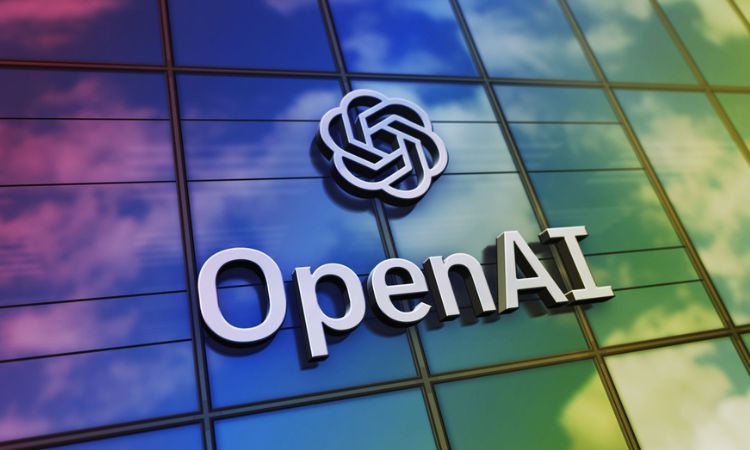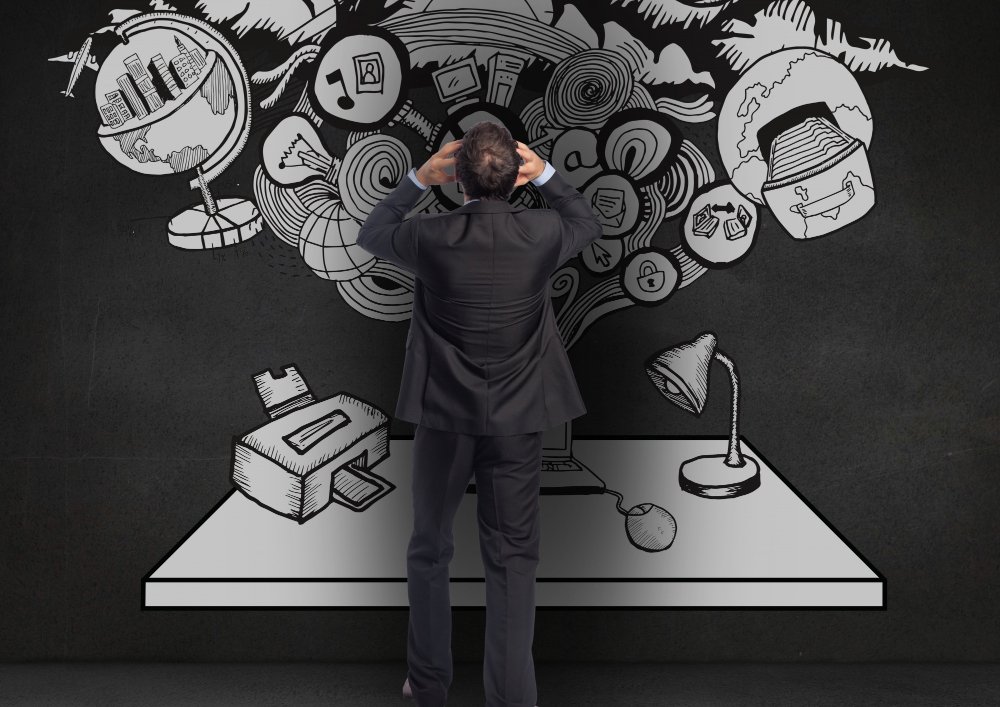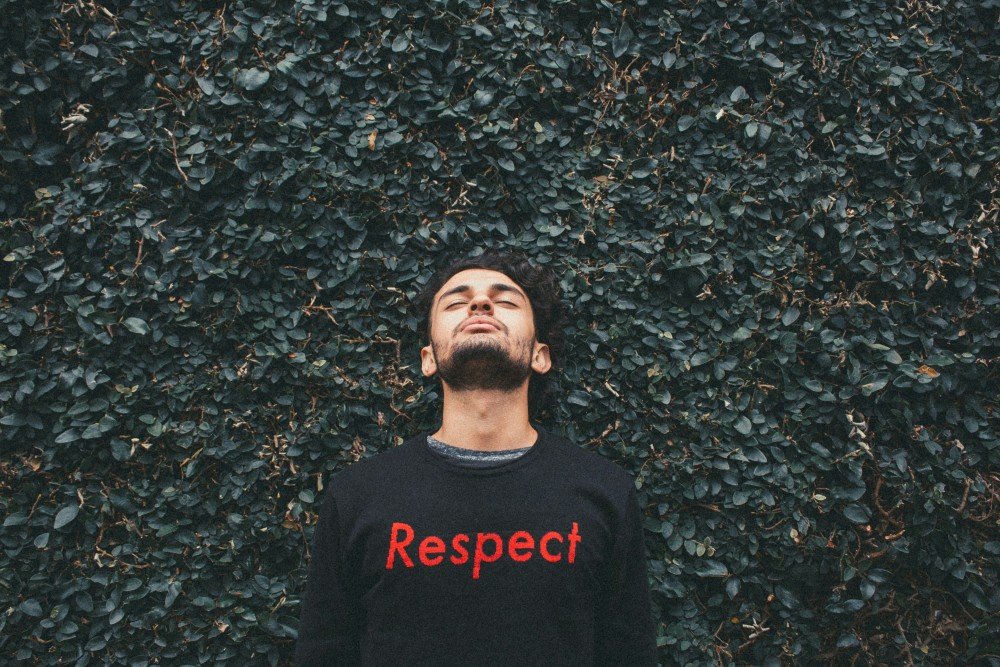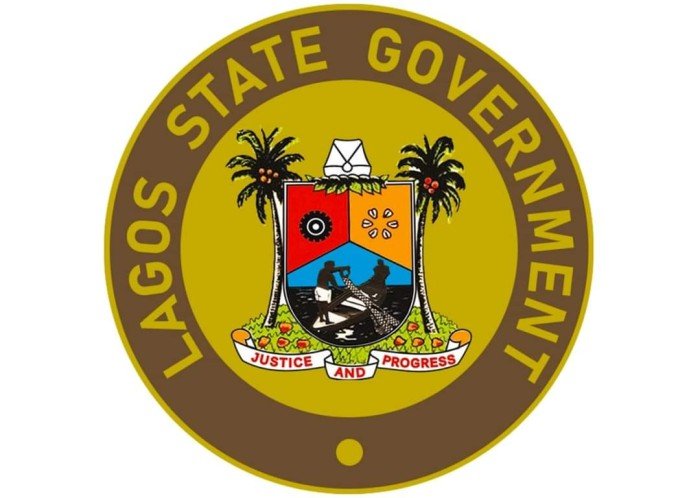With multiple elections coming up in the world in 2024, OpenAI, a leader in artificial intelligence and the brains of ChatGPT is preparing to fight back against the growing flood of misinformation.
The corporation is taking proactive steps to make sure its technology doesn’t contribute to the dissemination of misleading material that could sway voters since half of the world’s population lives in nations with scheduled elections.
OpenAI Battles Disinformation During Elections, Revealing Resources To Protect Democracy By 2024
ChatGPT’s Revolutionary Success and Cautionary Notes
In addition to igniting a global revolution in artificial intelligence, ChatGPT’s success has raised worries about the possible abuse of these capabilities.
There is concern that potent AI text generators, such as ChatGPT, can flood the internet with false information and manipulate public opinion during important election cycles.
OpenAI’s Promise: No Technology Will Be Used for Politics
OpenAI has openly said that it will not allow its technology, such as ChatGPT and the image generator DALL-E 3, to be used in political campaigns in response to these worries.
In a blog post, OpenAI declared its goal to protect democracy and make sure that election integrity is not compromised by its technology.
“We want to ensure our technology is not used in a way that could damage the democratic process,” said OpenAI.
OpenAI has adopted a cautious approach, acknowledging that the usefulness of their individualized persuasion techniques is still being investigated.
The corporation has banned the creation of applications for political lobbying and campaigning until further information is obtained.
Worldwide Dangers and the World Economic Forum’s Advisory
The biggest short-term global threats, according to the World Economic Forum, are misinformation and disinformation powered by AI.
These dangers go beyond swaying public opinion; they could potentially destabilize recently elected administrations in developed nations.
OpenAI’s dedication to resolving this matter is consistent with the wider issues brought out by the World Economic Forum.
Utilizing Digital Credentials and Dependable Attribution as Tools
Tools to improve the transparency of its AI-generated material are being actively developed by OpenAI.
Ensuring accurate attribution to text produced by ChatGPT is an essential aspect. Users will be able to track the information’s source, alleviating doubts about the truthfulness of the content.
Additionally, the Coalition for Content Provenance and Authenticity (C2PA) and OpenAI are working together.
The goal of this alliance, which includes major players in the industry like Sony, Adobe, Nikon, Canon, Microsoft, and Sony, is to enhance techniques for locating and tracking digital assets.
OpenAI intends to introduce digital credentials that will represent information about the origin of content via encryption. This project is a big step in the right direction toward proving AI-generated material is real.
Connecting Users with Real Information: ChatGPT’s Function
According to OpenAI, ChatGPT will assist in connecting people with reliable and accurate information.
ChatGPT ensures that users receive correct and verified information by directing users to dependable sources when they have procedural queries concerning elections.
The organization stresses that the knowledge gained from their efforts will guide their strategy in other nations and areas, resulting in a more resilient and flexible system, particularly in light of the recent elections in the United States.
Ethical Limitations: The Guidelines for DALL-E 3
OpenAI acknowledges the moral dilemmas raised by AI-generated material, especially in the case of photographs.
The image generator DALL-E 3 includes “guardrails” put in to stop users from creating images of actual persons, such as political candidates.
This functionality is consistent with OpenAI’s dedication to responsible AI applications.
A Concerted Attempt: Tracking Sector Titans
With this latest statement, OpenAI has joined the ranks of other prominent tech companies such as Google and Facebook parent company Meta.
These businesses have taken action to prevent meddling in elections, particularly when it comes to AI. The IT industry’s joint endeavor denotes a shared duty to tackle the possible hazards linked to artificial intelligence in the political sphere.
Disinformation Debunked: AFP’s Previous Initiatives
Following Agence France-Presse (AFP) efforts to refute misinformation, OpenAI made an announcement.
Deepfakes, including manipulated footage of former Secretary of State Hillary Clinton and US President Joe Biden, have been revealed by AFP in the past.
Politicians’ audio and video clips that had been altered became viral on social media in Taiwan, highlighting how urgent it is to fight false information everywhere.
OpenAI Battles Disinformation During Elections, Revealing Resources to Protect Democracy by 2024
To sum up, OpenAI has set a good example by taking the initiative to address the problems caused by AI-driven misinformation.
A strong plan to protect democracy during important elections in 2024 is evident in the dedication to openness, cooperation with business executives, and incorporation of digital credentials.
Since technology will always be a major influence on public opinion, ethical and responsible use are crucial to guarantee that AI advances democratic ideals across the globe.






